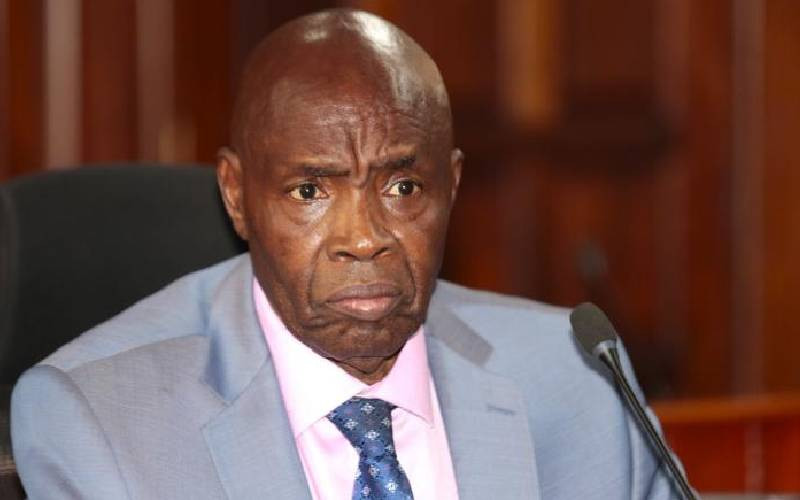×
The Standard e-Paper
Stay Informed, Even Offline

Secondary schools have been forced to take extreme measures to cut costs after the government failed to release the full capitation in the year.
School heads are now skipping some educational programmes and changing school diets to enable them to manage the schools' daily resources as they evade suppliers over unpaid fees running into millions.